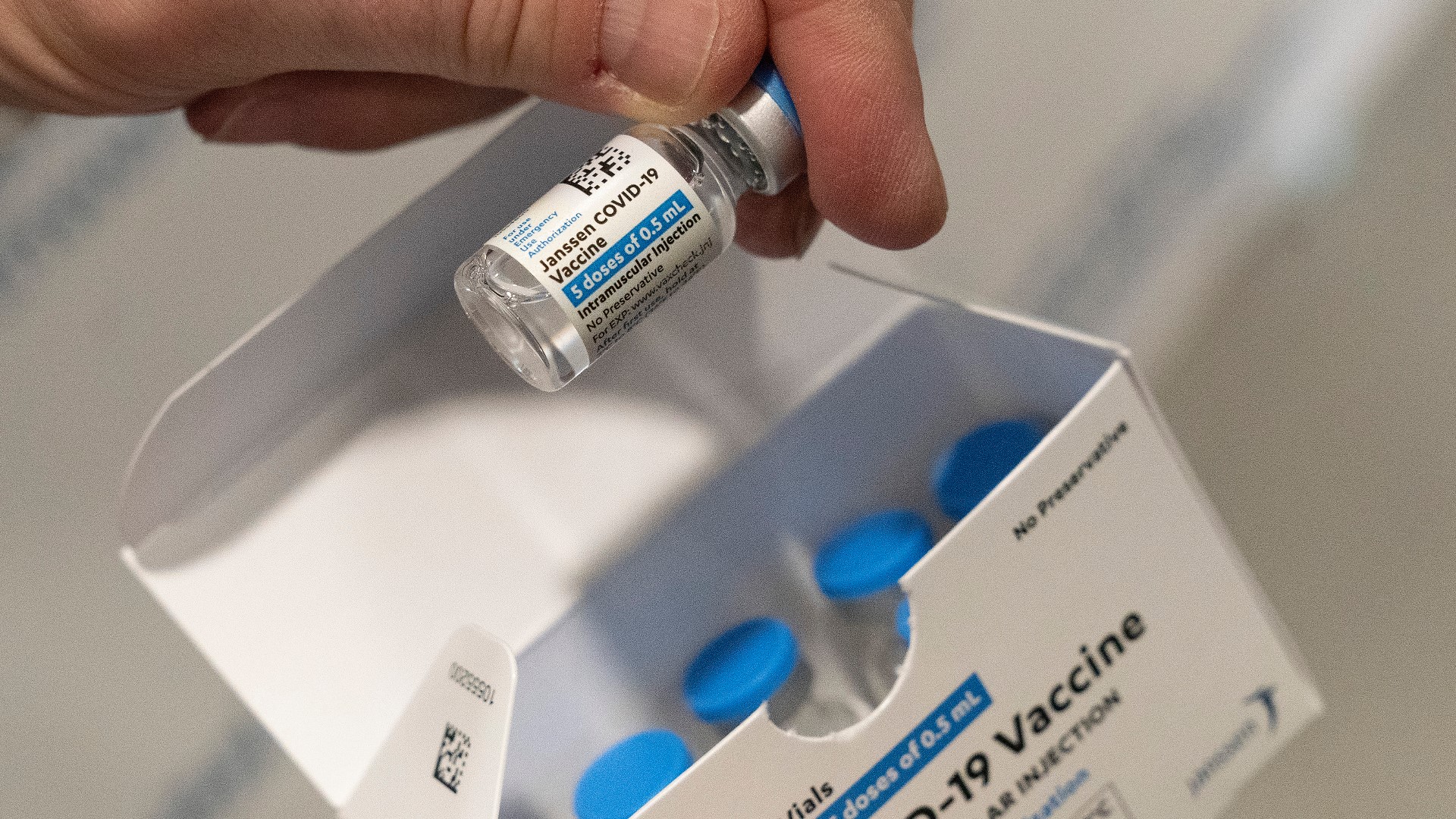SACRAMENTO, Calif. — With California dedicating 40% of its vaccine supply to some of the hardest-hit communities in the Golden State, California Pan-Ethnic Executive Director Kiran Savage-Sangwan said this was welcome news for health advocates.
However, with the rising supply of vaccines, questions of the Johnson & Johnson vaccine's efficacy and the new vaccine's rollout persist in communities of color.
"I think that's tremendous progress and sorely needed, and I think it will help us get out of this pandemic soon," Savage-Sangwan said. "And I think as we get more vaccine supply, we will have to contend with some degree of hesitancy in the community."
UC Davis Health Dr. David Cooke says he understands why people of color are questioning the vaccine after the historical treatment of people of color in the medical community, specifically in the unauthorized usage of Henrietta Lack's bodily tissue for cancer research or the Tuskegee syphilis study of the disease's effects.
"There is vaccine hesitancy, especially in our black and African American and other underserved communities, historically underserved communities regardless of socio-economic background, and that hesitancy is warranted," Cooke said.
Cooke said the current disparities in the healthcare system and coronavirus death rates aid in the distrust of communities of color.
"It is not the responsibility for communities of color to trust the health care system is the responsibility of the healthcare system to earn that trust from communities of color," Cooke said.
Cooke explained Janssen determined the vaccine efficacy of the Johnson & Johnson vaccine in a trial in multiple countries, including the United States, Brazil, and South Africa. He said with the COVID-19 variants circulating through communities, the overall efficacy of the vaccine.
"In the United States, what they saw was that the vaccine group, the group that received the vaccine and not placebo, had about 72 to 74% efficacy for moderate to severe symptoms at 14 days and 28 days, and then they had up to 84% efficacy for severe to critical symptoms at 28 days. So, in short, this vaccine is determined to be very effective," Cooke said.
Cooke compares the Johnson & Johnson vaccine to that of the annual flu vaccine.
"Now compare this to other vaccines. So, you look at the flu vaccine; the flu vaccine has a vaccine efficacy of about 40 to 60%," Cooke said. "And that 72% is a wonderful number."
The FDA said vaccine manufacturers should achieve at least 50% efficacy in clinical trials.
While the Johnson & Johnson vaccine had a lower efficacy for people getting sick, Cooke said the emphasis should be placed on severe coronavirus cases.
"Zero deaths in the vaccine group and only two hospitalizations in the vaccine group. So that's why this is not an inferior product," Cooke said.
Savage-Sangwan, a member of the committee helping to advise the state on the distribution of the coronavirus vaccine, said the Johnson & Johnson vaccine is not going to be solely given to people of color.
"The only consideration where the Johnson & Johnson vaccine may be purposely used is for settings where it might be difficult to administer a second dose, such as people who are homeless or people who are in sort of a temporary situation of incarceration," Savage-Sangwan said.
Savage-Sangwan added that the vaccine would go to wherever it is needed regardless of the manufacturer.



















